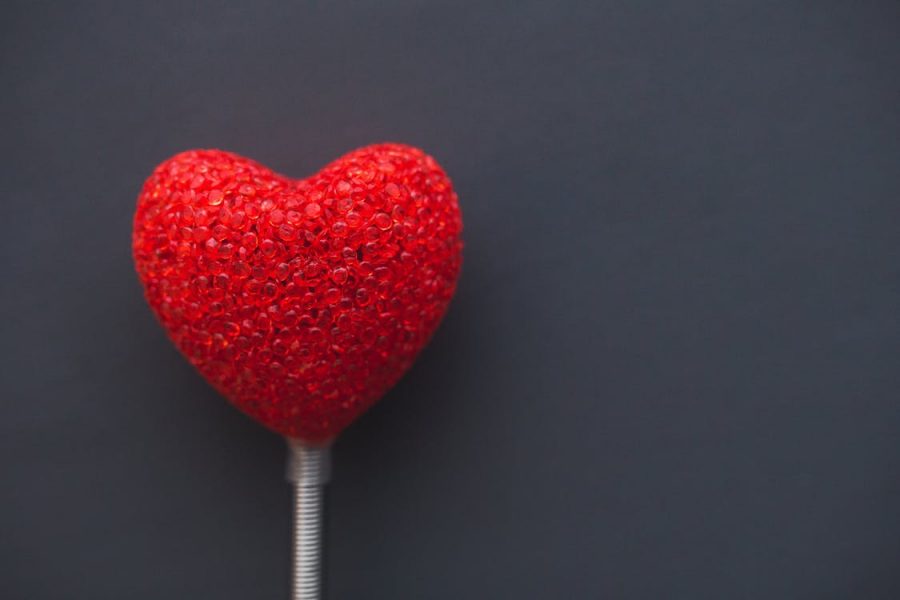Changing V-Day to Me-Day
Courtesy Kaboompics // Karolina
Changing V-Day to Me-Day
February 14, 2018
As department stores’ decor become engrossed with red hearts and roses, consumers are reminded of the largest Hallmark holiday of the year, Valentine’s Day: The day when your significant other has the opportunity to shower you with extra love and chocolates. For single folks, it’s sometimes considered “Singles Awareness Day,” when they loathe relationships and wait for the chocolates to go on sale.
In TV and film, being single on Valentine‘s Day is portrayed as a miserable experience, during which single people eat tubs of ice cream in pajamas and cry over a romantic movie. However, it’s rare to encounter non-fictional people who spend the day sulking in front of the TV, watching “The Notebook” with a pint of Ben and Jerry’s because they don’t have a significant other on Valentine’s Day.
Despite society’s perception that only singles are depressed on Valentine’s Day, the numbers tell a different story. Forty percent of people both in relationships and single are unhappy on Valentine’s Day, according to a February 2011 Psychology Today survey.
Advertisements, movies and TV shows give an illusion of what Valentine’s Day should look like and how people are supposed to act during it. Buying jewelry, chocolates and flowers along with a candlelit dinner is considered an expectation of Valentine’s Day. Consumers are expected to spend an average of $143.56 in celebration for the holiday, according to a Jan. 31 survey by The National Retail Federation with 7,277 participants.
The constant reminder of what is romantic for Valentine’s Day makes consumers believe that if the gestures are not as romantic and grand as they are on the screen, we should be upset.
In 2,000 participant survey by First4Lawyers in Jan. 2016, 35 percent of singles reported being jealous of friends who are in relationship on Valentine’s Day. However, 34 percent of people in relationships surveyed they would rather be single on the holiday and believe it would be more fun.
Though Valentine’s Day is emphasized by Hallmark to celebrate love with your significant other, it doesn’t mean you can’t celebrate the holiday alone.
Noticing the common, stereotypical theme of advertisements showing relationships for the romantic holiday, brands such as Victoria’s Secret have taken this opportunity and started to commercialize Valentine’s Day as a day for yourself, calling it “Me-Day.” This allows more consumers to cater to themselves and not just to their partner.
The only thing that needs to separate Valentine’s Day from any other day is how you choose to spend it—whether it’s with your significant other, with your friends or by yourself. There should not be a stereotype on how to spend the day successfully or what single individuals look like on Valentine’s Day.
People shouldn’t feel the need to give into the stereotype of sulking about being alone. Instead, whether you are in a relationship, you should use Valentine’s Day to celebrate self empowerment.








